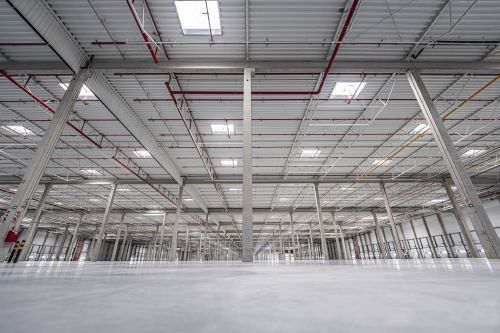The purchase of property has the potential to be used by organised criminals to launder the proceeds of criminal activity. This is due to the significant amounts of criminal funds which can be "cleaned" in a single transaction. It is therefore critical that all professionals working in the sector are acutely aware of the issues and appropriately trained to identify and report any suspicions of money laundering.
The problem is increasing. Based on the PwC “Global Economic Crime and Fraud Survey 2018”, 54 pct of respondents involved in money movement (and/or any of the following lines of business: financial institutions, mutual funds, money service businesses, broker dealers, insurance companies, or dealers in precious metals, stones or jewels) indicated they had experienced an Anti-Money Laundering (AML) regulatory enforcement or inspection in the last two years (up by 4 percentage points from 2016). And an identical proportion (54 pct) expect recent changes in the geopolit




























































Strong warehouse sector whilst capital cautious and offices yet to rebound
Strong warehouse sector whilst capital cautious and offices yet to rebound
Poland’s commercial real estate market enters 2026 in good health and with solid growth potential. Warehouses remain one of the strongest sectors in Europe, while constrained ...
Newmark Polska
The end of greenwashing as flex grows in strength
The end of greenwashing as flex grows in strength
The office sector is entering a period of deeper qualitative and financial scrutiny. Decisions regarding new projects, refurbishments, or leasing are now supported by more thorough ...
Walter Herz
The quiet revolution in Małopolska
The quiet revolution in Małopolska
Developers across the region are increasingly favouring heat pumps and photovoltaic systems over traditional gas boilers in warehouse construction. This shift marks a growing commi ...
Axi Immo